About 80 percent of the world’s food is produced by small-scale farming. Women make up 43 percent of the agricultural labor force in developing countries. They are the majority in some countries. Women play a crucial role in agriculture across sub-Saharan Africa. Women in Nigeria comprise more than 70% of agricultural labor.
Though the productivity of female farmers is generally lower than that of their male counterparts, this is attributed to many factors, including unequal access to quality seeds and other inputs. Other factors include time constraints, knowledge gaps, and cultural norms that make women less mobile. Women are primarily engaged in post-harvest handling and processing of cowpeas and soybeans.
The SEEDEQUAL initiative, in collaboration with the Nigeria Export Promotion Council, through its gender inclusion program, provided inputs such as improved quality seeds of cowpea and soybean to female farmers in Jigawa and Benue states and linked them with input providers to access fertilizers and pesticides. The project also ensured that women have access to extension services through various capacity-strengthening activities and demonstration plots hosted by female community champions.
Female farmers believe they are just as efficient as men when they can access quality inputs. The female farmers were trained on good agronomic practices conducted by SEEDEQUAL, focusing on using good quality seeds of varieties tolerant to drought, pests, and diseases, appropriate planting time, row spacing, planting density, and insect management. The female farmers were happy with the yield obtained in the 2024 season and desperate to improve their soybean and cowpea production hectarage in the coming seasons. The project has also shown commitment to supporting them with quality inputs needed for the expansion.
In collaboration with the Nigeria Export Promotion Council (NEPC), Seed Equal trained about 130 participants (52 women and 78 female youth) from Benue and Jigawa states, who learned about seed production and Gender Responsive Climate Smart legume production. The training provided was designed to increase crop yields while simultaneously adapting to and mitigating the impacts of climate change. The training was also meant to strengthen the capacity of the group structures to manage their platform and link them to financial institutions and seed companies for market outlets.
Capacity building significantly enhances the productivity of female farmers by equipping them with the knowledge, skills, and access to resources needed to manage their farms effectively, leading to increased crop yields, better market access, and improved economic empowerment.
The training yielded successes as farmers expanded their production from the usual 5 ha to over 10 ha during the cropping season. The yield per unit area also increased from 1.03 tons per ha to about 1.25 ha this cropping season, translating to a 20% yield increase. With the network and improved access to inputs and finance, more female farmers are getting more interested in cowpea and soybean production for economic empowerment.
Some female farmers also hosted demonstration plots on their farms to disseminate the knowledge they had acquired and help strengthen the capacities of other female farmers in their communities.
Among the varieties promoted was the recently released variety ‘SAMPEA 21’, and the female farmers are happy with its characteristics.
Contributed by Lucky O. Omoigui1, Abdulwahab Shaibu2, Teryima Iorlamen3 and Natter IYORKAA4
1International Institute of Tropical Agriculture (IITA)
2 Bayero University Kano-Center for Dryland Agriculture (CDA)
3&4 Joseph Sarwuan Tarkaa University Makurdi

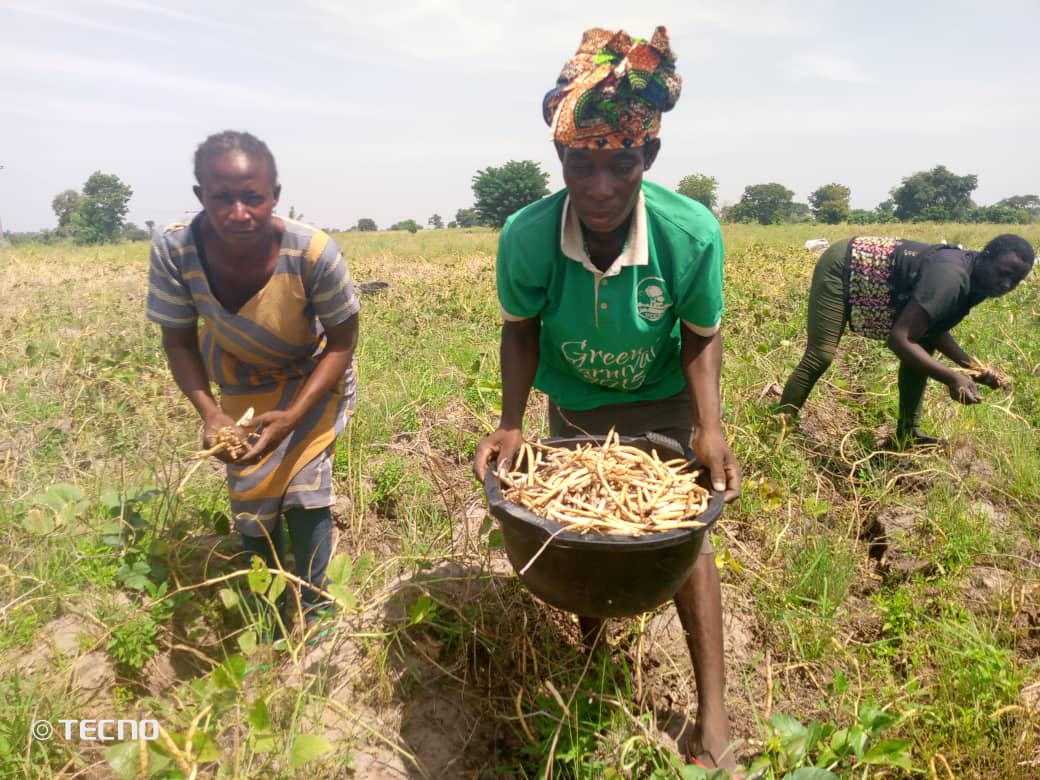
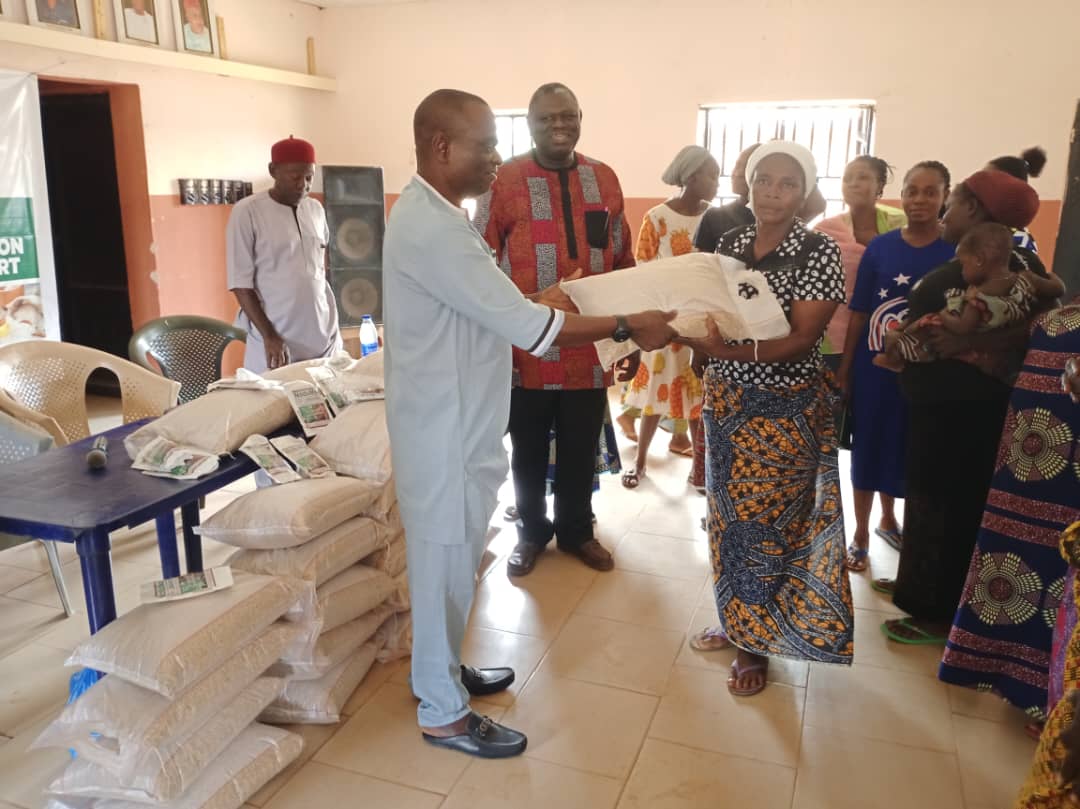
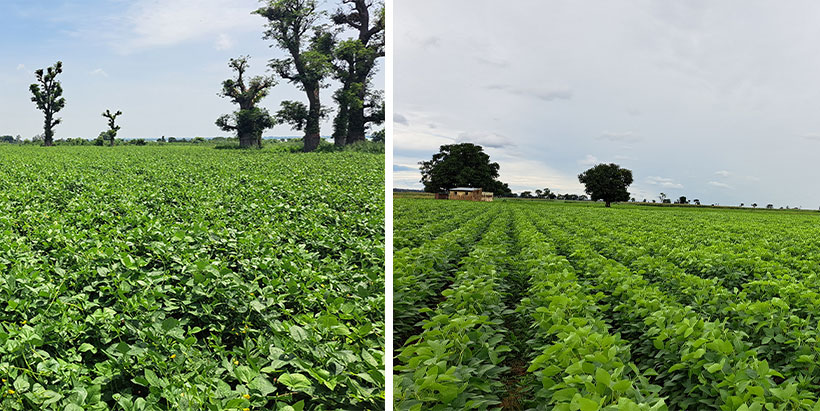
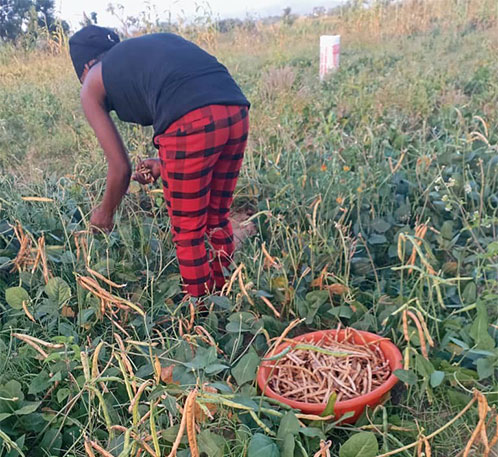
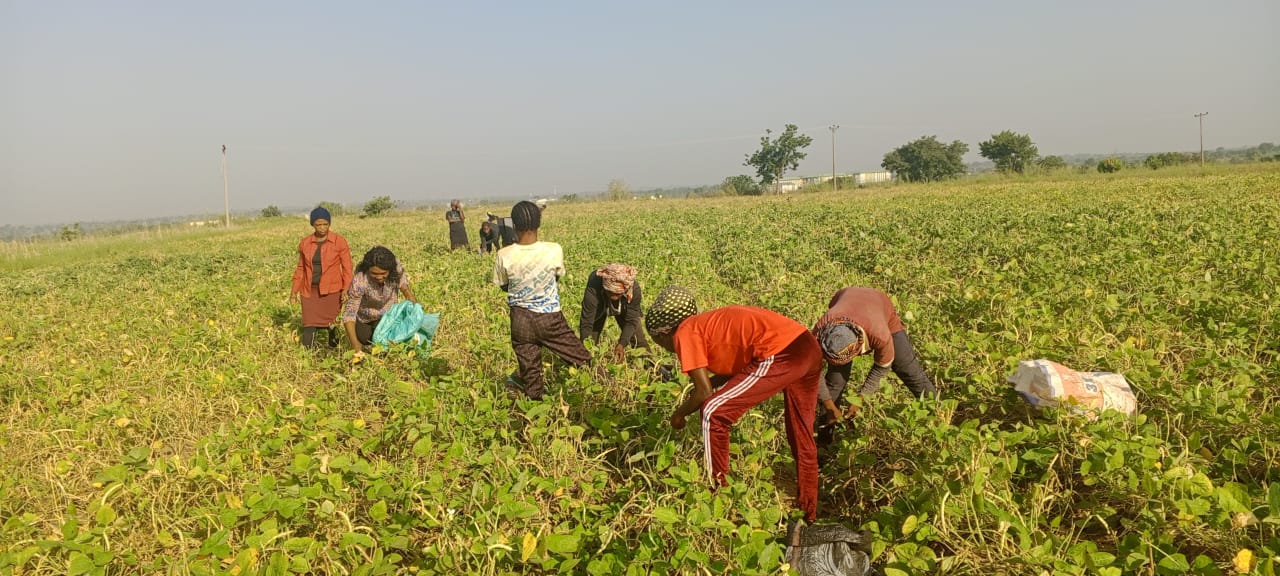
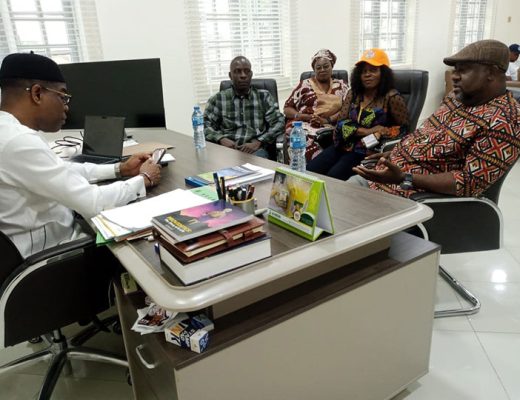

No Comments